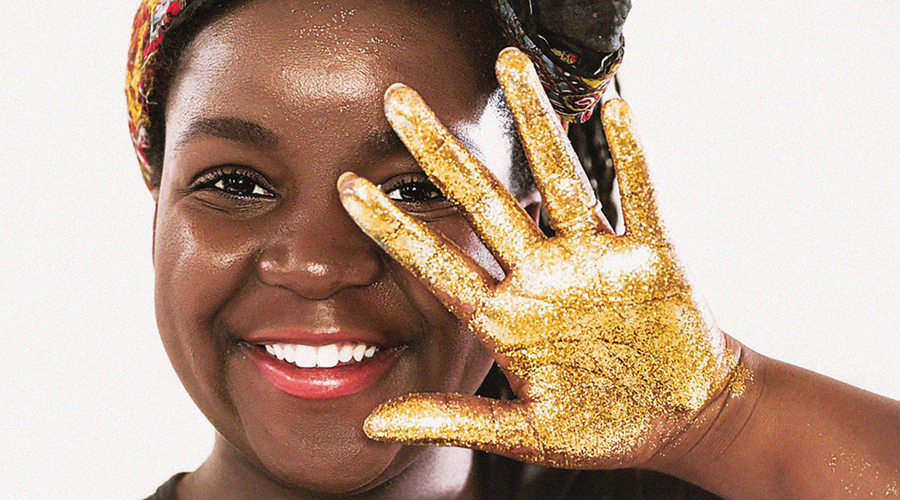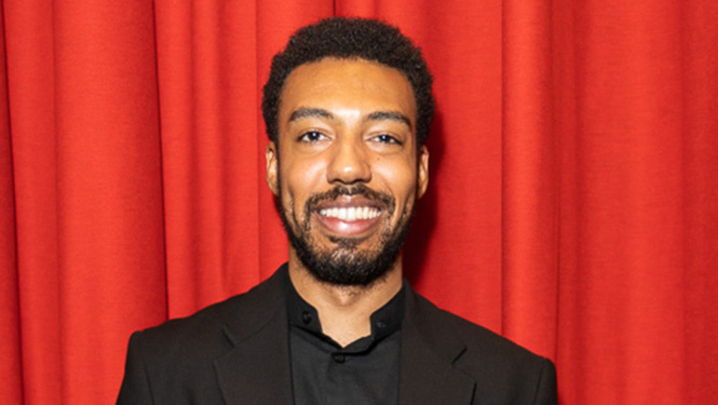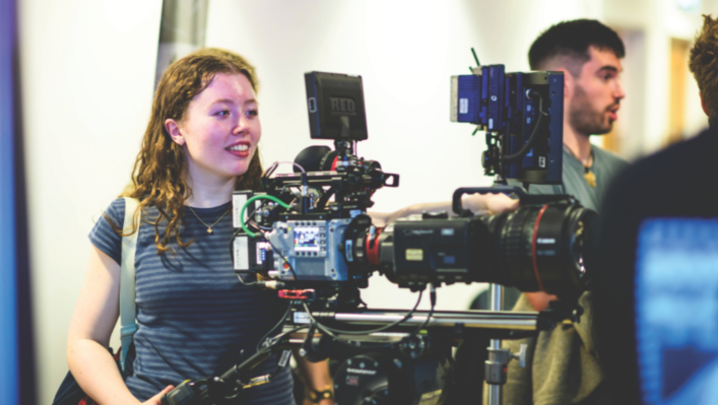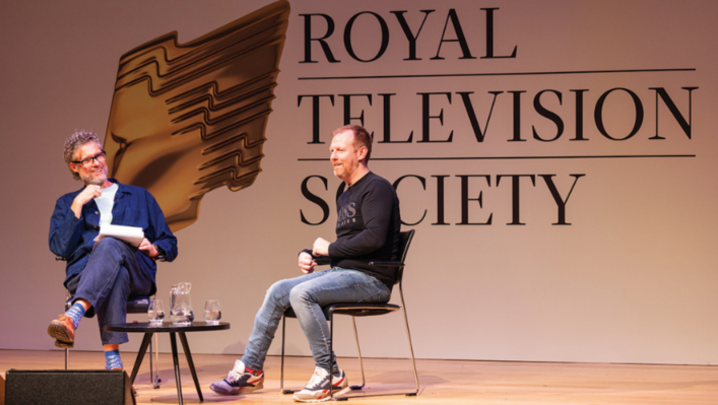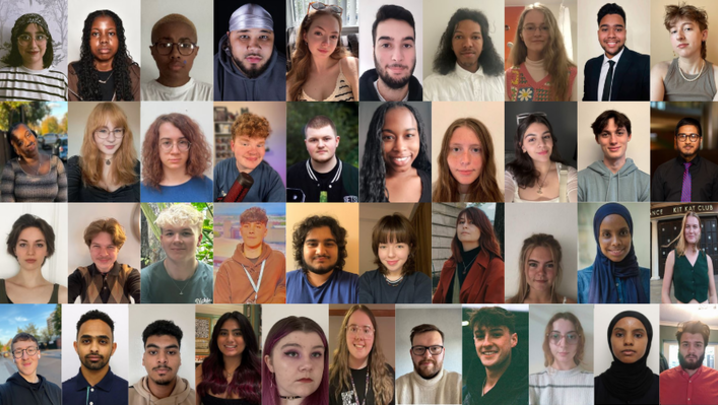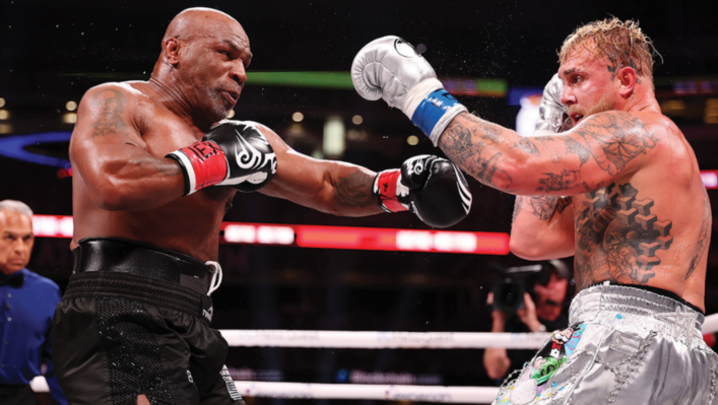Shooting challenging subject matter for documentaries requires creative film-making – and trust between film-makers and contributors.
At an RTS Technology Centre event in November, an expert panel discussed their work on sensitive productions.
Jade Blue McCrossen-Nethercott, who was raped while she was asleep, told her story in the BBC Three documentary Sexsomnia: Case Closed?, which followed her battle for justice after the Crown Prosecution Service wrongly dropped her case.
“It was a very alien experience,” she recalled. “For me, it was about ensuring I was comfortable with [the film-makers’] approach and intentions…. [There] was a lot of open and transparent conversation… and establishing clear boundaries.”
Blanca Munoz, who was involved with producing and shooting Sexsomnia: Case Closed?, said that before filming “we always checked if Jade wanted to have a session with an expert psychologist… who had experience in understanding whether by filming a contributor we could expose her to further harm…. We couldn’t betray the trust that Jade had put in us.”
Looking back over three years of filming, McCrossen-Nethercott added: “[My] story was told so beautifully and portrayed the challenges faced when seeking justice…. [The team] exhibited empathy, compassion and professionalism while capturing my life’s most intimate moments as it was crumbling around me. They’ve really left a lasting impact for which I will be eternally grateful.”
Producer/director Ashni Lakhani (HIV Positive But Proud and Under the Skin: The Botched Beauty Business, both made by BBC News) discussed building trust with contributors. “When we get to that final master interview, I want that person to feel so comfortable they forget a camera’s there and that they’ve built such a strong trust with me, they feel like they’re talking to a mate,” she said. “For the audience, it’s going to come across well [because] they’re so natural.”
Polly Harrar, who set up The Sharan Project, a charity that supports South Asian women affected by abuse or persecution, met film-maker Sukki more than a decade ago. Together, they have worked on the short film I See Her, which tells the real-life stories of women trapped in forced marriages and suffering domestic abuse.
I See Her, said Harrar, shows the journey of the victims of abuse “from where they are, through to recovery, to successfully leading an independent life without fear”.
The film, which is silent, avoids depictions of violence, to ensure it is suitable for children and also, said Sukki, because “portraying violence… gives so much power to the perpetrators of abuse”.
The online event “Tackling the taboo” was chaired and produced by Kim Rowell, Managing Editor, News Production, ITN. It can be watched at: bit.ly/RTS-taboo.

